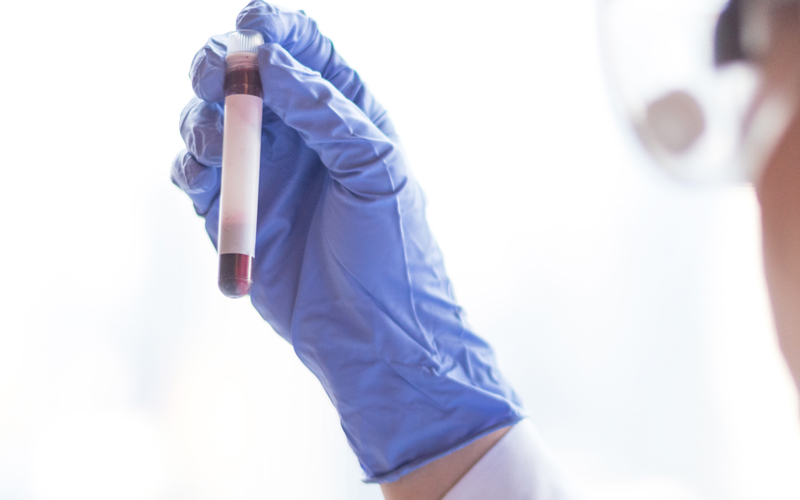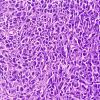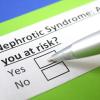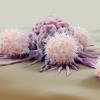In a mouse study, UCLA researchers tested a vaccine against the bacterium that causes melioidosis and found it was highly protective against the disease.

The disease is endemic in many tropical areas, causing approximately 165,000 cases with 89,000 fatalities around the world each year.
The bacterium, Burkholderia pseudomallei, is spread through contact with contaminated soil and water through inhalation, ingestion or broken skin.
It is so dangerous that it is categorised as a Tier 1 Select Agent of bioterrorism, and it can cause rapidly fatal pneumonia when inhaled in low doses. If aerosolised and unleashed in a terror attack, it could lead to widespread death.
To date there are no licensed vaccines against the bacterium.
Senior author Dr Marcus Horwitz said: “A safe and effective vaccine is needed to prevent this disease as melioidosis is often difficult to diagnose, requires very lengthy treatment lasting three to six months, and has a high fatality rate even in high-resource settings.”
“Such a vaccine would be of great benefit to people living in endemic regions, travellers, and military personnel stationed in these areas, and it would also reduce the risk from an intentional release of B. pseudomallei in a bioterrorist attack.”
The next steps are to test the vaccine for protection against pneumonic melioidosis in a second animal model.
If it passes that test, the vaccine would then become eligible for testing in humans for safety and immunogenicity.
Image credit | Shutterstock




